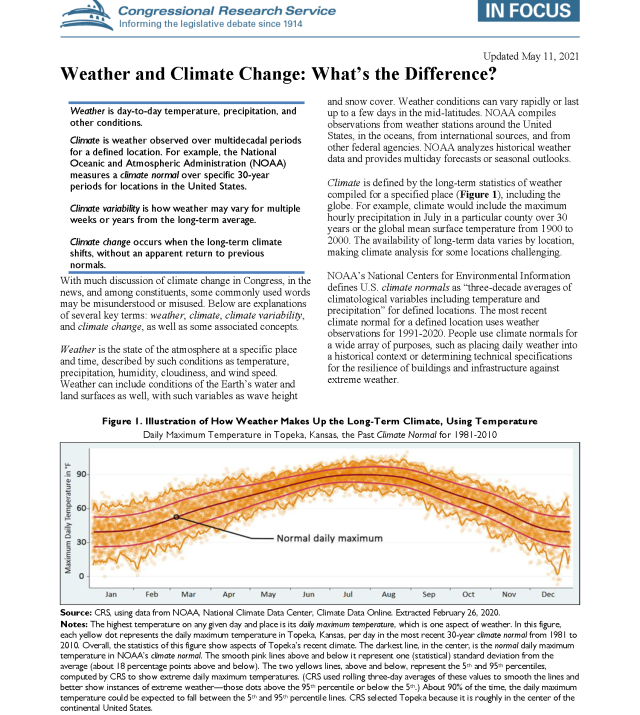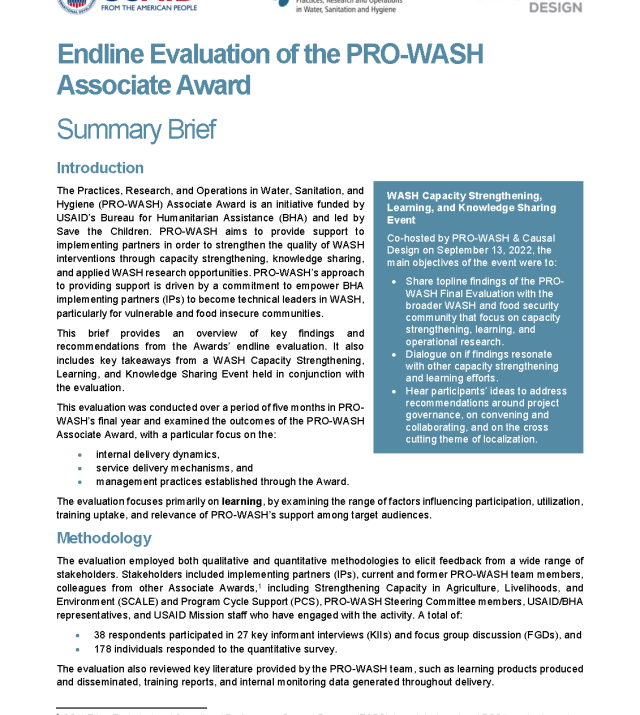Influence of multiple uses of water on the sustainability of communally-managed rural water supply systems in Zimbabwe

The utilisation of drinking water supply systems for productive uses is not a new practice in Zimbabwe and the world over. This study sought to explore how multiple uses of water, in this case community gardening as a productive use combined with domestic uses influence sustainability of communally-managed rural water supply systems. Using the independent samples t-test, it was noted that community gardening positively influences sustainability. The test was done on institutional, technical, social and financial factors of sustainability. Results showed that there were statistically significant differences in sustainability performance between water points used for multiple uses and those used for domestic uses only. However, it was also noted that using drinking water sources for multiple uses increases the frequency of water use conflicts and water point breakdowns, which negatively impact on sustainability. This means that where water sources are used for multiple uses additional management skills and resources may be required for the water points to be sustained. The study concluded that using domestic water sources for productive purposes enhances sustainability of water supply facilities; however, consideration has to be given about the relative importance and scale of the type of productive activity to be implemented.

